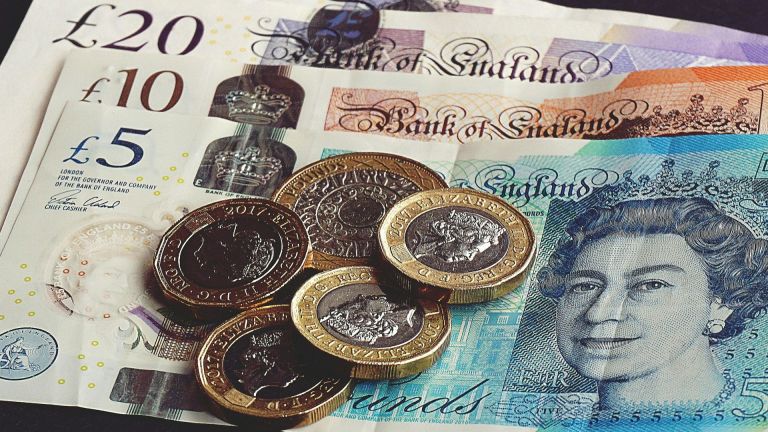Banks will have to refund scam victims under a new compulsory scheme coming into place in October – but there are warnings it will simply encourage fraud and carelessness.
Compulsory repayment for Authorised Push Payment (APP) scams – when a fraudster tricks somebody into sending money – up to a maximum limit of £415,000 comes into force on 7 October, if all goes according to plan. This includes someone impersonating the police, a friend or family member, or even your CEO and convincing you to make an urgent payment. Other examples include using romantic interest to get someone to send money or sending fake invoices.
There were over 250,000 cases of APP fraud in 2023 costing Brits a total of £459.7m in 2023. In 2022 the average loss per person scammed was £2,340. Reimbursement is not compulsory at the moment, but a voluntary scheme means 67% of the money lost to APP scams was reimbursed in 2023.
- British children need a ‘digital vaccination’ to tackle tsunami of fake news and disinformation
- More than 1.5 million children affected by ‘problem gambling’, report finds: ‘It can affect anyone’
Banks vary on how much they reimburse scammed customers. TSB repaid 88% of the value lost to scams, compared with 73% for Santander and 17% for Salmon-carded upstart Monzo. Allied Irish Banks, the lowest, reimbursed just 9% of losses.
While it will mean more people can get their money back, there are warnings the new scheme could lead to less caution from customers.
“The banking sector supports reimbursement and is the only sector that reimburses victims of fraud, but we have raised concerns with the approach and the risk that the new reimbursement model could encourage complicit fraud and lead to consumers taking less caution when making payments, which may ultimately lead to increased consumer harm,” said Ben Donaldson, managing director of economic crime at UK Finance.










